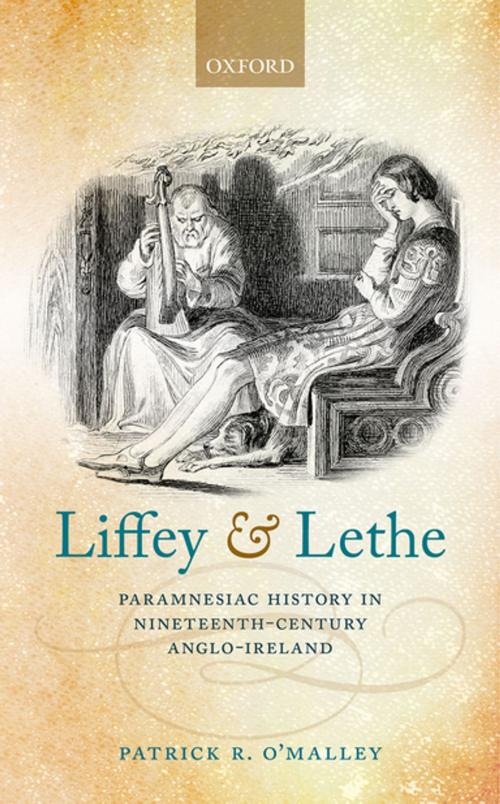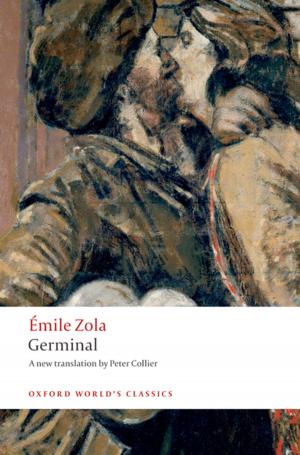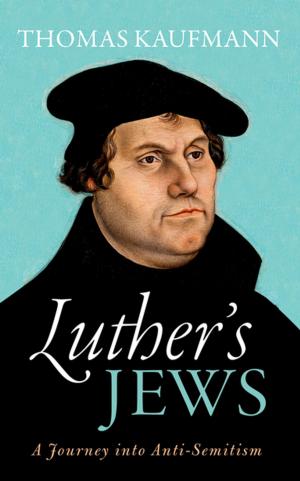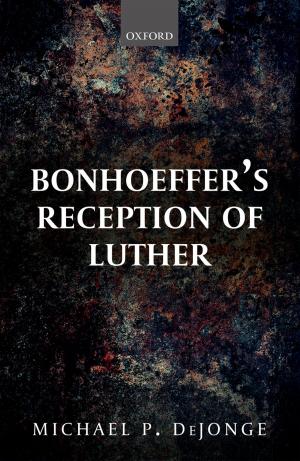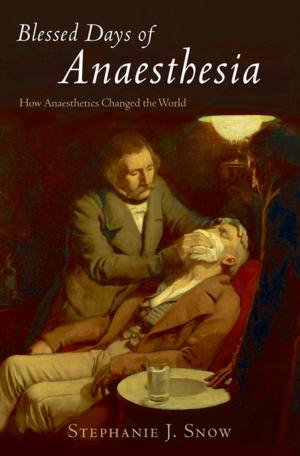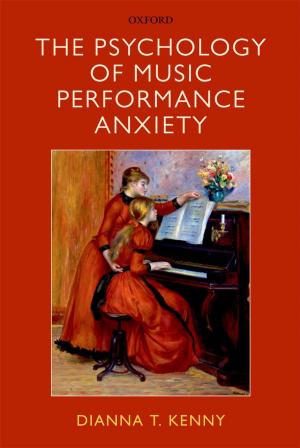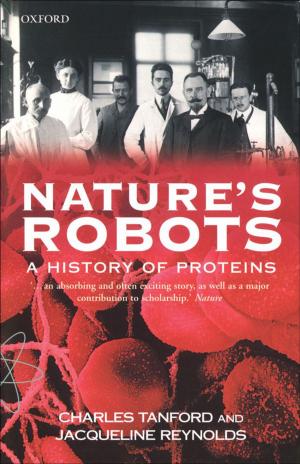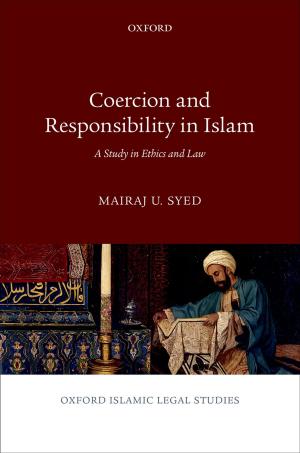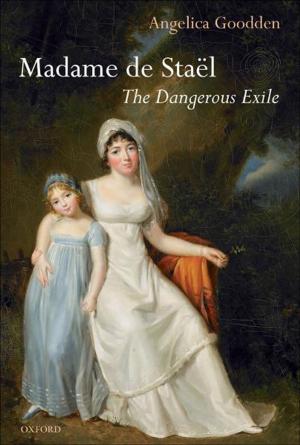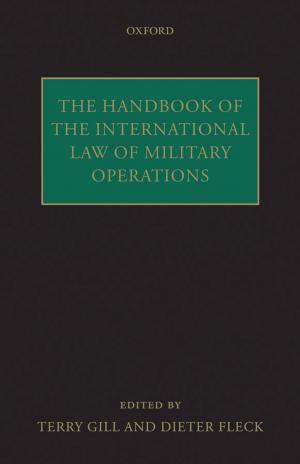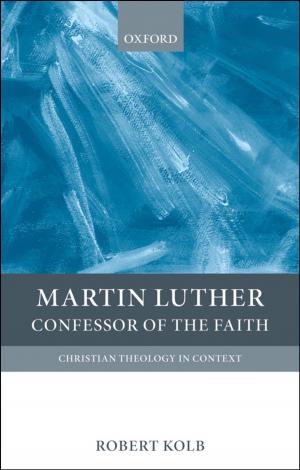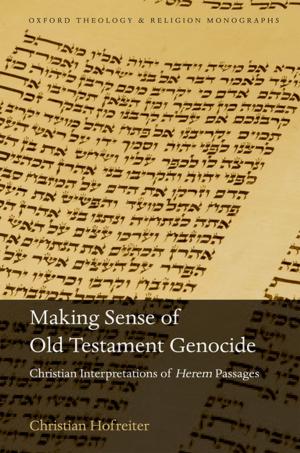Liffey and Lethe
Paramnesiac History in Nineteenth-Century Anglo-Ireland
Nonfiction, Entertainment, Drama, Anthologies, Fiction & Literature, Literary Theory & Criticism, History| Author: | Patrick R. O'Malley | ISBN: | 9780192507648 |
| Publisher: | OUP Oxford | Publication: | March 1, 2017 |
| Imprint: | OUP Oxford | Language: | English |
| Author: | Patrick R. O'Malley |
| ISBN: | 9780192507648 |
| Publisher: | OUP Oxford |
| Publication: | March 1, 2017 |
| Imprint: | OUP Oxford |
| Language: | English |
Focusing on literary and cultural texts from the late eighteenth century to the early twentieth, Patrick R. O'Malley argues that in order to understand both the literature and the varieties of nationalist politics in nineteenth-century Ireland, we must understand the various modes in which the very notion of the historical past was articulated. He proposes that nineteenth-century Irish literature and culture present two competing modes of political historiography: one that eludes the unresolved wounds of Ireland's violent history through the strategic representation of a unified past that could be the model for a liberal future; and one that locates its roots not in a culturally triumphant past but rather in an account of colonial and specifically sectarian bloodshed and insists upon the moral necessity of naming that history. From myths of pre-Christian Celtic glories to medieval Catholic scholarship to the rise of the Protestant Ascendancy to narratives of colonial violence against Irish people by British power, Irish historiography strove to be the basis of a new nationalism following the 1801 Union with Great Britain, and yet it was itself riven with contention.
Focusing on literary and cultural texts from the late eighteenth century to the early twentieth, Patrick R. O'Malley argues that in order to understand both the literature and the varieties of nationalist politics in nineteenth-century Ireland, we must understand the various modes in which the very notion of the historical past was articulated. He proposes that nineteenth-century Irish literature and culture present two competing modes of political historiography: one that eludes the unresolved wounds of Ireland's violent history through the strategic representation of a unified past that could be the model for a liberal future; and one that locates its roots not in a culturally triumphant past but rather in an account of colonial and specifically sectarian bloodshed and insists upon the moral necessity of naming that history. From myths of pre-Christian Celtic glories to medieval Catholic scholarship to the rise of the Protestant Ascendancy to narratives of colonial violence against Irish people by British power, Irish historiography strove to be the basis of a new nationalism following the 1801 Union with Great Britain, and yet it was itself riven with contention.
